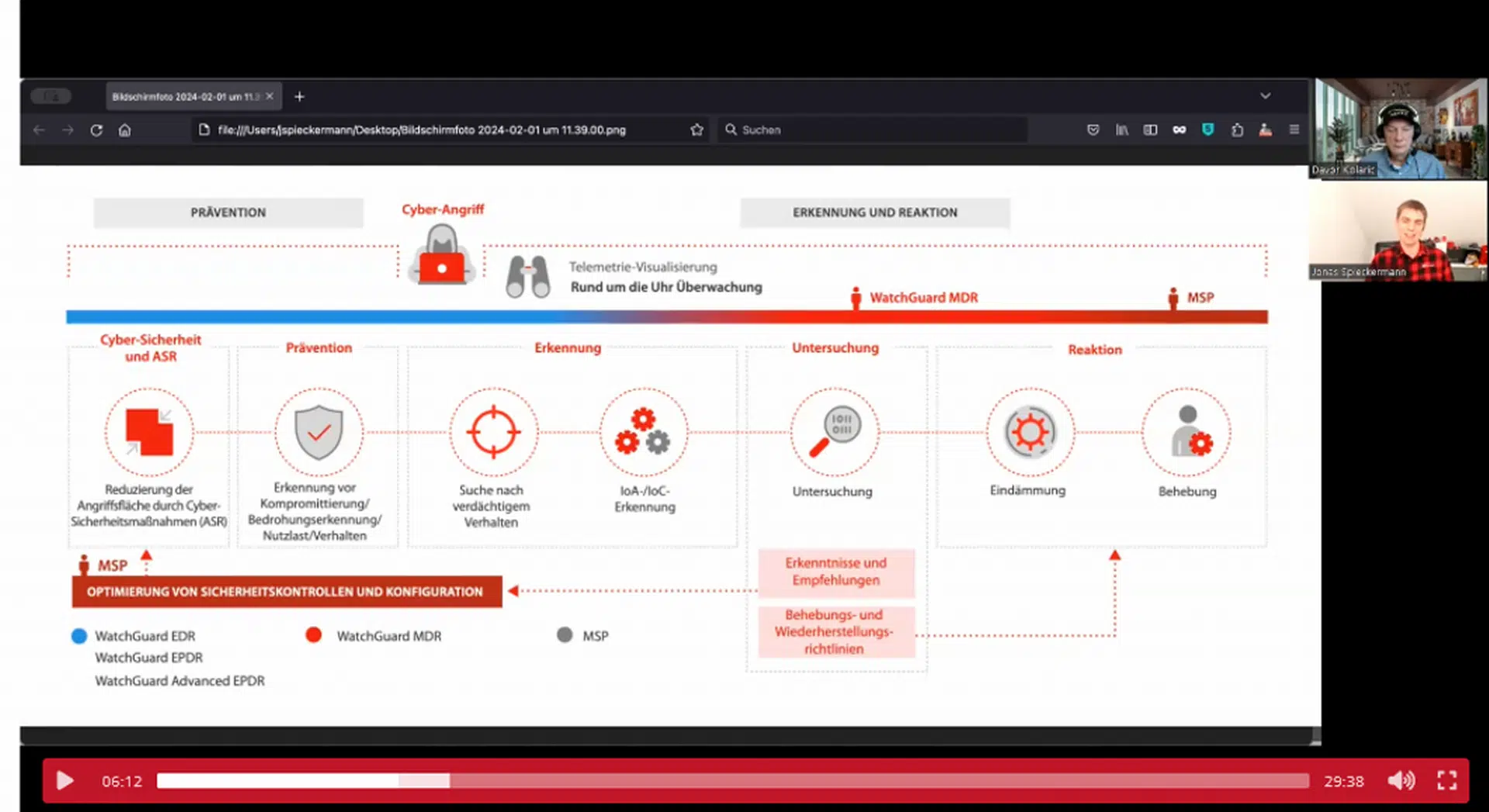
Ein Drittel der Unternehmen setzt Künstliche Intelligenz (KI) in mehreren Geschäftsbereichen ein. + Im Durchschnitt schaffen es 54 Prozent der KI-Projekte von der Pilotphase bis zur Produktion. + Talent ist kein wesentliches Hindernis für die Einführung von KI: 72 Prozent der Führungskräfte geben an, dass sie die benötigten KI-Talente haben oder herausfinden können.
Laut einer aktuellen Umfrage von Gartner sind 80 Prozent der Führungskräfte der Meinung, dass Automatisierung auf jede Geschäftsentscheidung angewendet werden kann. Da die Automatisierung in das digitale Geschäft eingebettet wird, zeigt die Umfrage, wie Unternehmen ihre Nutzung von künstlicher Intelligenz (KI) als Teil ihrer Automatisierungsstrategien weiterentwickeln.
„Die Umfrage zeigt, dass sich die Unternehmen von einem rein taktischen Ansatz wegbewegen und beginnen, KI strategischer einzusetzen“, sagt Erick Brethenoux, Distinguished VP Analyst bei Gartner. „Beispielsweise setzt ein Drittel der Unternehmen KI über mehrere Geschäftsbereiche hinweg ein und schafft so ein stärkeres Wettbewerbsdifferenzierungsmerkmal, indem es Entscheidungen über Geschäftsprozesse hinweg unterstützt.“
Die Umfrage wurde von Oktober bis Dezember 2021 online unter 699 Befragten in den USA, Deutschland und Großbritannien durchgeführt, die KI einsetzen oder beabsichtigen, KI innerhalb der nächsten drei Jahre einzusetzen.
Gartner Survey Reveals 80% of Executives Think Automation Can Be Applied to Any Business Decision
- One-third of organisations are applying AI across several business units.
- On average, 54% of AI projects make it from pilot to production.
- Talent is not a significant barrier to AI adoption, with 72% of executives reporting that they have or can source the AI talent they need.
A recent survey by Gartner, Inc. found that 80% of executives think automation can be applied to any business decision. As automation becomes embedded in digital business, the survey revealed how organisations are evolving their use of artificial intelligence (AI) as part of their automation strategies.
“The survey has shown that companies are shifting away from a purely tactical approach to AI and beginning to apply AI more strategically,” said Erick Brethenoux, distinguished VP analyst at Gartner. “For example, a third of organisations are applying AI across several business units, creating a stronger competitive differentiator by supporting decisions across business processes.”
The survey was conducted online from October through December 2021 among 699 respondents in the US, Germany and the UK, at organisations who have deployed AI or intend to deploy AI within three years.
Organisations Still Challenged to Move AI From Pilot to Production
The Gartner survey revealed that on average, 54% of AI projects make it from pilot to production. This is a slight increase from the Gartner 2019 AI in Organisations Survey, which reported an average of 53% of AI projects that make it to production.
“Scaling AI continues to be a significant challenge,” said Frances Karamouzis, distinguished VP analyst at Gartner. “Organisations still struggle to connect the algorithms they are building to a business value proposition, which makes it difficult for IT and business leadership to justify the investment it requires to operationalise models.”
Forty per cent of organisations surveyed indicated that they have thousands of AI models deployed. This creates governance complexity for the organisation, further challenging data and analytics leaders’ ability to demonstrate return on investment from each model.
Talent Not a Significant Barrier to AI Adoption
While talent shortages are often assumed to impact AI initiatives, the survey found it is not a significant barrier to AI adoption. Seventy-two per cent of executives reported that they have or can source the AI talent they need.
“The most successful organisations use a combination of in-house development and external hiring for AI talent. This ensures that the team renews itself continuously by learning new AI skills and techniques and considering new ideas from outside the organisation,” said Brethenoux.
AI Security and Privacy Concerns Misplaced
Security and privacy concerns were not ranked as a top barrier to AI adoption, cited by just 3% of executives surveyed. Yet, 41% of organisations reported they have previously had a known AI privacy breach or security incident.
When asked which parties the organisation was most worried about when it comes to AI security, 50% of respondents cited concerns about competitors, partners or other third parties, and 49% were concerned about malicious hackers. However, among organisations who have faced an AI security or privacy incident, 60% reported data compromise by an internal party.
“Organisations’ AI security concerns are often misplaced, given that most AI breaches are caused by insiders,” said Brethenoux. “While attack detection and prevention are important, AI security efforts should equally focus on minimising human risk.”
More insights from the survey are available in the complimentary Gartner webinar, “The Gartner AI Survey Top 4 Findings.” Gartner clients can learn more in “TechWave: Artificial Intelligence Annual Survey Findings.”
Fachartikel

Strategien für eine fortgeschrittene digitale Hygiene

Mit LogRhythm 7.16 können Sie das Dashboard-Rauschen reduzieren und Log-Quellen leicht zurückziehen

Wie man RMM-Software mit einer Firewall absichert

Red Sifts vierteljährliche Produktveröffentlichung vom Frühjahr 2024

Konvergiert vs. Einheitlich: Was ist der Unterschied?
Studien

Studie zu PKI und Post-Quanten-Kryptographie verdeutlicht wachsenden Bedarf an digitalem Vertrauen bei DACH-Organisationen

Zunahme von „Evasive Malware“ verstärkt Bedrohungswelle

Neuer Report bestätigt: Die Zukunft KI-gestützter Content Creation ist längst Gegenwart

Neue Erkenntnisse: Trend-Report zu Bankbetrug und Finanzdelikten in Europa veröffentlicht

Studie: Rasantes API-Wachstum schafft Cybersicherheitsrisiken für Unternehmen
Whitepaper
Unter4Ohren

Datenklassifizierung: Sicherheit, Konformität und Kontrolle

Die Rolle der KI in der IT-Sicherheit

CrowdStrike Global Threat Report 2024 – Einblicke in die aktuelle Bedrohungslandschaft

WatchGuard Managed Detection & Response – Erkennung und Reaktion rund um die Uhr ohne Mehraufwand







